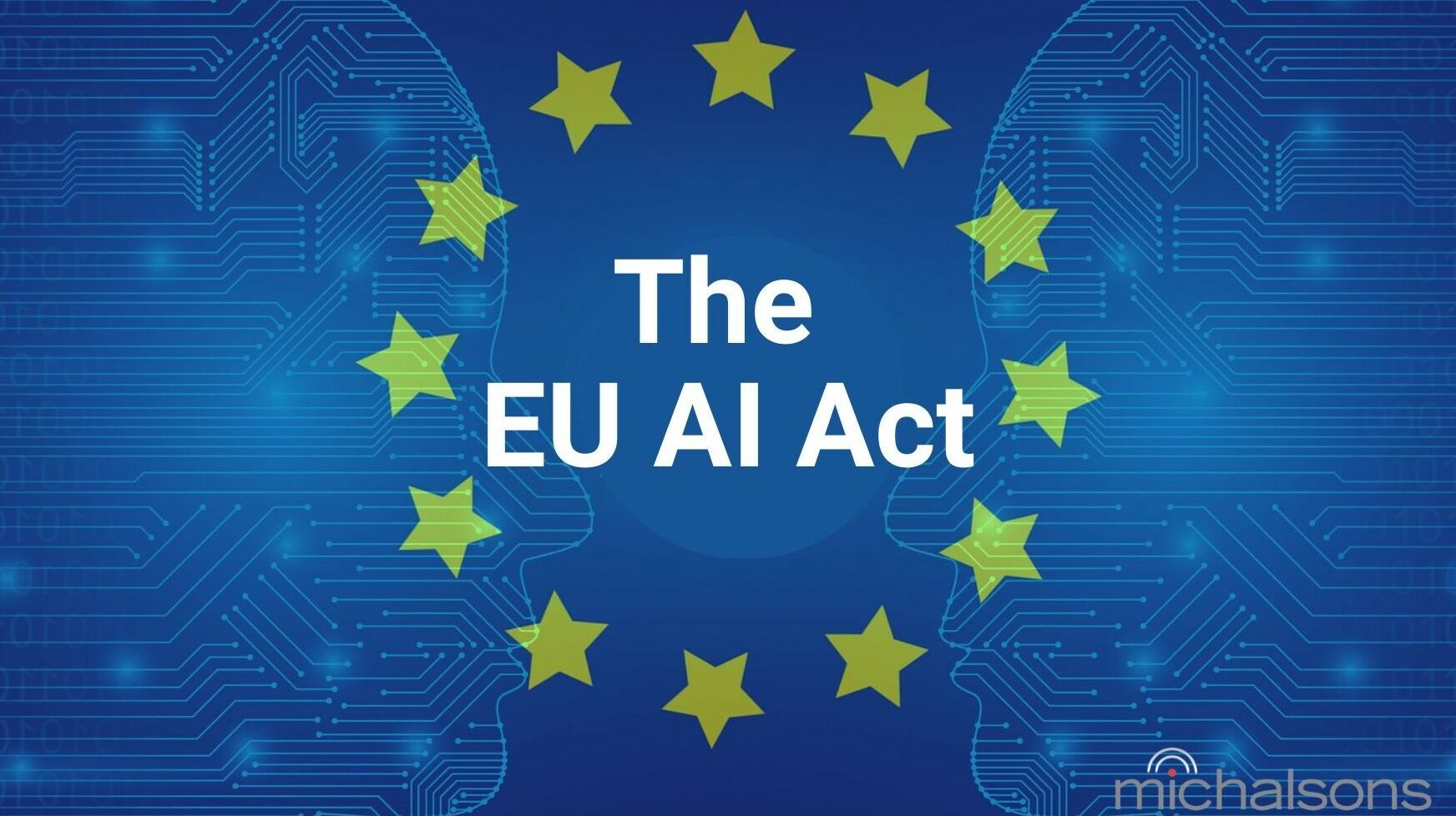
Artificial intelligence (AI) is transforming industries worldwide, revolutionizing how businesses operate and societies function. Yet, with great innovation comes the need for robust regulation to ensure responsible and ethical use. The European Union (EU) has taken a groundbreaking step by introducing the EU AI Act, the world’s first comprehensive regulatory framework for AI.
What is the EU AI Act?
The EU AI Act, proposed in April 2021 and nearing finalization, aims to establish clear rules for the development, deployment, and use of AI systems across the EU. The regulation addresses potential risks associated with AI while fostering innovation, competitiveness, and trust in AI technologies.
Key Provisions of the EU AI Act
The Act adopts a risk-based approach to AI regulation, categorizing AI systems into four levels of risk:
- Unacceptable Risk
AI applications deemed too dangerous are prohibited outright. These include systems that manipulate human behavior, exploit vulnerabilities, or allow for social scoring by governments.
- High Risk
AI systems used in critical sectors such as healthcare, education, employment, law enforcement, and infrastructure are classified as high risk. These systems must meet stringent requirements, including risk assessments, transparency measures, and human oversight.
- Limited Risk
Applications with moderate risk, such as AI-powered chatbots, are subject to transparency obligations, requiring users to be informed they are interacting with AI.
- Minimal Risk
AI systems with minimal risk, like spam filters or video game AI, can be deployed with few restrictions.
Implications for Businesses
The EU AI Act has significant implications for businesses developing or using AI systems:
– Compliance Requirements: Organizations must ensure their AI systems align with the regulation’s requirements, particularly if they fall into the high-risk category. This includes conducting conformity assessments and maintaining documentation for regulatory audits.
– Innovation Opportunities: Companies that prioritize ethical AI development and compliance with the Act can position themselves as leaders in responsible AI, gaining a competitive edge in the global market.
– Fines for Non-Compliance: Non-compliance can result in hefty fines, up to €30 million or 6% of annual global turnover, whichever is higher.
Global Implications
The EU AI Act is setting a global standard for AI regulation. Its ripple effects are likely to influence international businesses and prompt other countries to adopt similar frameworks. Organizations operating in multiple jurisdictions must stay ahead of these regulatory trends to ensure global compliance.
Conclusion
The EU AI Act is a monumental step toward regulating artificial intelligence, balancing innovation with responsibility. Businesses that embrace these changes and prioritize ethical AI practices will not only comply but also thrive in this evolving landscape.
